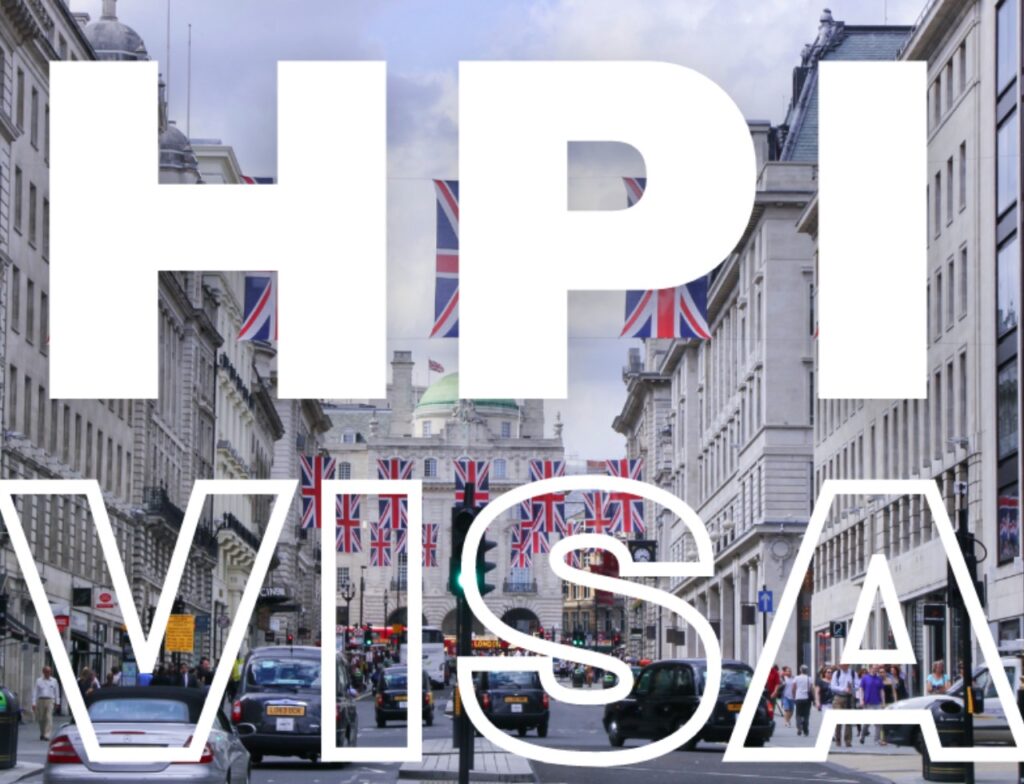Canada has always been the top destination for international students across the world. This might be because of the international benchmark of education, warm hospitality, and endless opportunities that may arise right after graduation. However, recent changes to study and Student Work Visa regulations are going to drastically affect any international student who may wish to pursue their studies in Canada in 2024.
Revised Changes to Study Permits: A New Intake Cap
In the month of January 2024, the Canadian federal government set a cap on two years’ study permit approvals. This means an issuance of approximately 360,000 new study permits for international students in the year 2024, a decline of 35% from last year. The cap for 2025 will then be decided before the end of this year.
It would have, for every province and territory, specific caps on the number of new international students that could be allowed to take up undergraduate programs.Those provinces with the most unsustainable growth in terms of international student numbers will suffer sharper reductions. Ontario, for example, is expected to see a 50% reduction in the number of approvals for study permits, according to local media reports.
New Requirements for Study Permit Applications
The provinces and territories have also made a requirement that all students applying for a study permit on or after January 22, 2024, will need an attestation letter from the province or territory of destination. It has to bear extra proof regarding the readability of the application. This shall be accompanied by other documents, which include the LOA and proof of financial support.
Reasons for Enrollment Cap
Over the last decade, the government has tripled the number of study permits it issues. Since this growth is not supported by the development of the required infrastructure, such as housing or health facilities, that these students require, pressure develops in these systems.
Changes to Post-Graduation Work Permit Eligibility
A postgraduate work permit is an open work permit for international students who complete an eligible study programme in Canada. Previously, nearly all international students who completed a Canadian study program lasting more than eight months were eligible for Post-Graduation Work Permits (PGWPs). From 1 September 2024, however, international students who start a study programme at a PPP institution as part of curriculum licensing will not be eligible for PGWPs after graduation.
Changes to Spousal Open Work Permit Eligibility
Up until 2023, an international student’s spouse could apply for spousal open work permit class if the spouse was registered in an approved full-time Canadian study program. Moving forward, only those spouses of Master’s and Doctoral students, plus those pursuing postgraduate professional programs in fields like law and medicine, will be eligible to receive open work permits under Section C42. Spouses of international students in undergraduate and all other college programs will no longer be able to apply for open work permits.
Increased cost of living requirement
With effect from 1 January 2024, the minimum cost of living to be maintained by any international student will be US$20,635, from US$10,000, excluding tuition fees. Students studying in Quebec will require a minimum of $15,078 as proof of financial support. In this case, international students below the age of 18 will have to prove access to a minimum of US$7,541.
Why the Changes
It simply tries to bring into light a true picture of the living expenses of a student in Canada and that there are adequate funds for the international students to sustain their livelihood. The requirements will be reviewed annually and, if need be, revised. In the past, there have been anecdotal reports of international students struggling to get by in Canada. More money will help international students face the rising costs of houses among other living expenses, allowing them to focus on their studies without much financial stress.
Conclusion
These new changes in the regulation of study and work permits present both opportunities and challenges for foreign students in Canada. The cap on study permits, combined with new financial requirements, is likely to help alleviate pressure on infrastructure while better equipping students for living in Canada. Students and families are now much more strongly advised to plan carefully and strategically in their applications.





